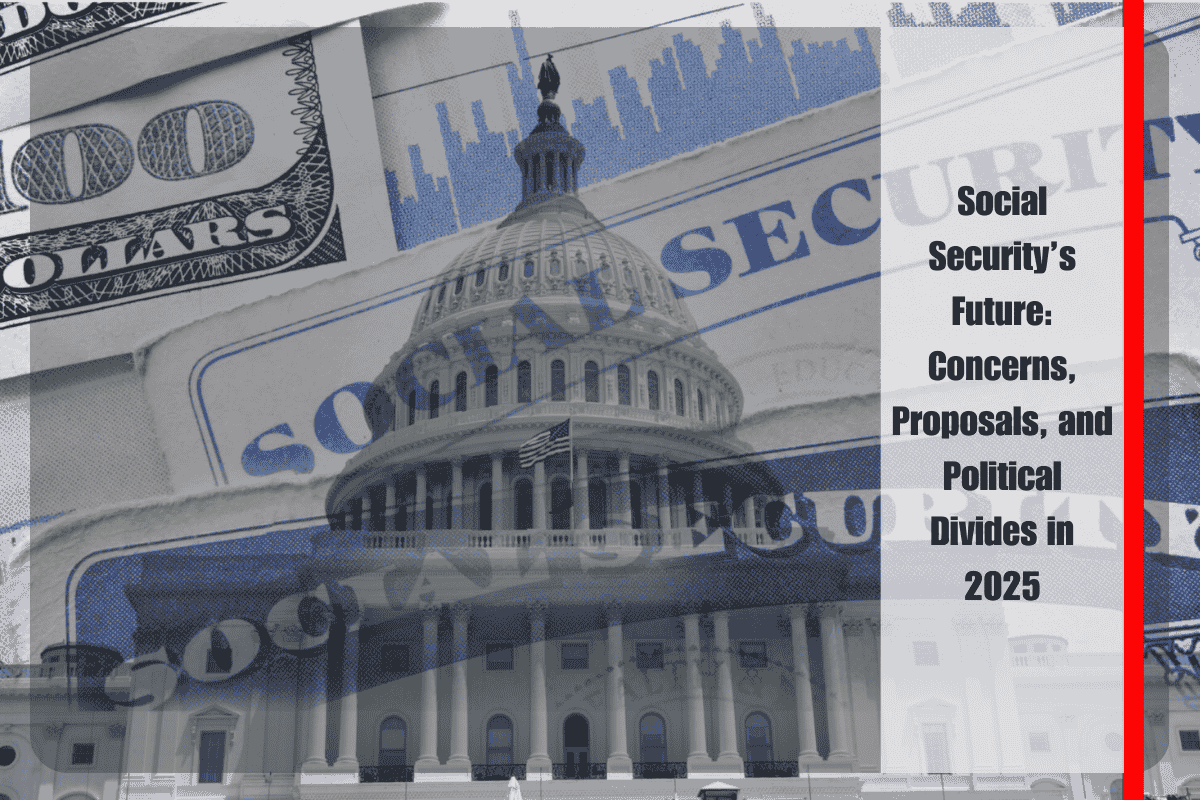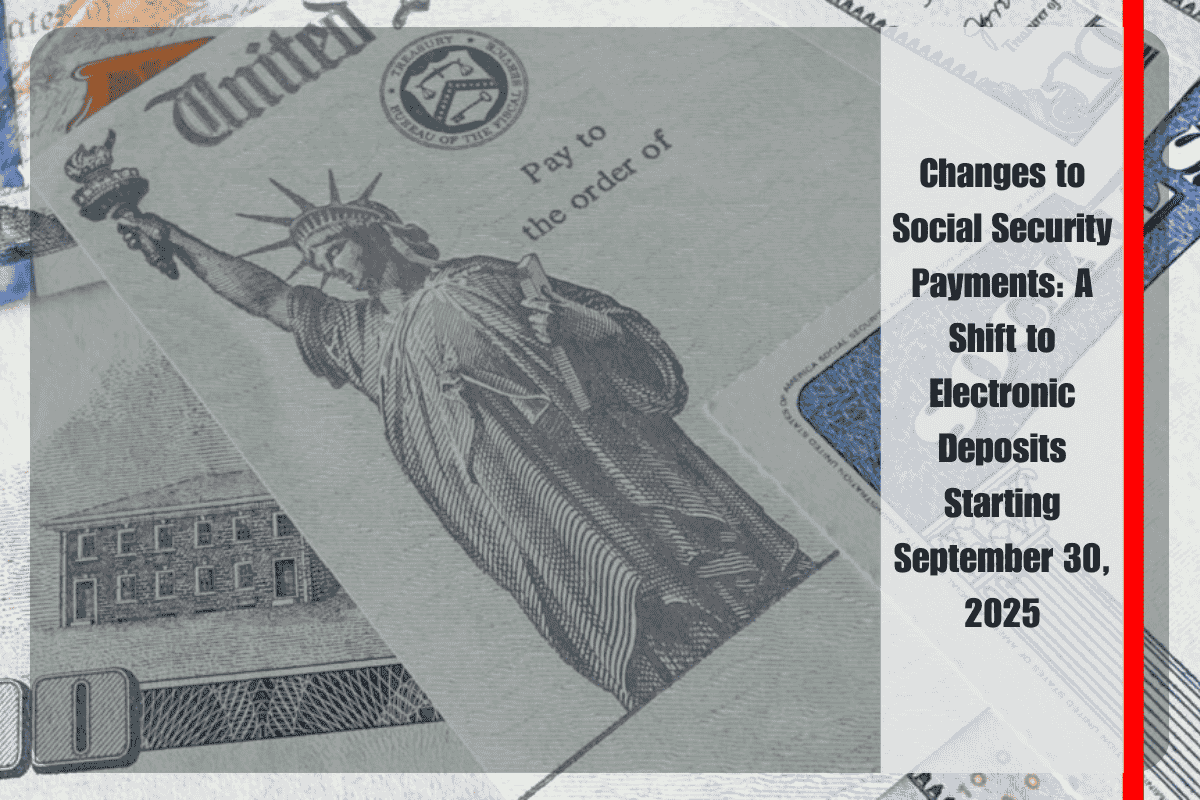The Senior Citizens League (TSCL), a nonpartisan organization that advocates for older Americans, has introduced a proposal calling for a “one-time catch-up payment” to help Social Security beneficiaries cope with the rising inflation that has significantly eroded their purchasing power. According to the TSCL, this additional relief would go beyond the scheduled Cost-of-Living Adjustments (COLA) and help offset the rising costs of essential expenses such as food, housing, and healthcare, which have outpaced the current COLA increases.
Over the past several years, many retirees have found that the annual COLAs have not been sufficient to keep up with the rapidly increasing costs of living. In particular, TSCL points out that the current method for calculating COLA—the Consumer Price Index for Urban Wage Earners (CPI-W)—fails to reflect the unique spending patterns of older Americans, especially when it comes to medical and housing expenses. TSCL argues that the CPI-W does not adequately capture the inflationary pressures that retirees face.
As part of its proposal, TSCL has been pushing for a recalibration of COLA calculations using the Consumer Price Index for the Elderly (CPI-E), which would better reflect the inflation impacts on Americans aged 62 and above. In fact, a survey conducted by TSCL of nearly 2,000 Social Security beneficiaries revealed that 20% of respondents spent over $1,000 a month on healthcare alone, with a staggering 96% of respondents supporting the idea of recalculating COLAs using the CPI-E.
COLA and the Strain on Retirees
The survey results also highlight the strain that retirees face when COLA adjustments fail to keep pace with the actual cost of living. Rising Medicare Part B premiums, for example, often wipe out the entire increase provided by the COLA, leaving many seniors with little to no relief. TSCL’s executive director, Shannon Benton, emphasized the urgency of the situation, stating, “Many older Americans saw their Social Security buying power eroded during the recent inflation spike, and rising Medicare Part B premiums often wiped out their entire COLA increase.”
Given these concerns, TSCL has proposed a catch-up payment to help restore the value lost due to insufficient COLA increases. While the exact details of the catch-up payment remain unclear, TSCL has referenced historical precedents of federal financial assistance to Social Security and SSI recipients, such as the $250 Economic Recovery Payments issued during the Great Recession and the Economic Impact Payments distributed during the COVID-19 pandemic.
Dissatisfaction Among Seniors
The dissatisfaction with current Social Security benefits is widespread, according to TSCL’s survey findings. Nearly two-thirds of seniors expressed discontent with their monthly Social Security checks, with 94% believing that the 2025 COLA will be insufficient to keep up with inflation. Furthermore, 95% of respondents identified the reform of Social Security and Medicare as a top priority for policymakers.
Benton further stated, “The data in this study shows what seniors have been telling TSCL for years: Social Security checks aren’t keeping up with inflation. If four in five seniors think inflation was higher than the government reported in 2024, maybe we should stop questioning their experiences and start questioning why the COLA is failing to measure them.”
Looking Ahead
TSCL’s proposal for a catch-up payment highlights the growing concerns among older Americans about the effectiveness of the current Social Security system in addressing the financial pressures they face. As inflation continues to rise, it is becoming increasingly difficult for retirees to maintain their standard of living on fixed incomes. The catch-up payment, alongside potential changes to the way COLA is calculated, could provide much-needed relief for millions of Americans who rely on Social Security benefits to make ends meet. However, whether policymakers will take action to address these concerns remains to be seen.












